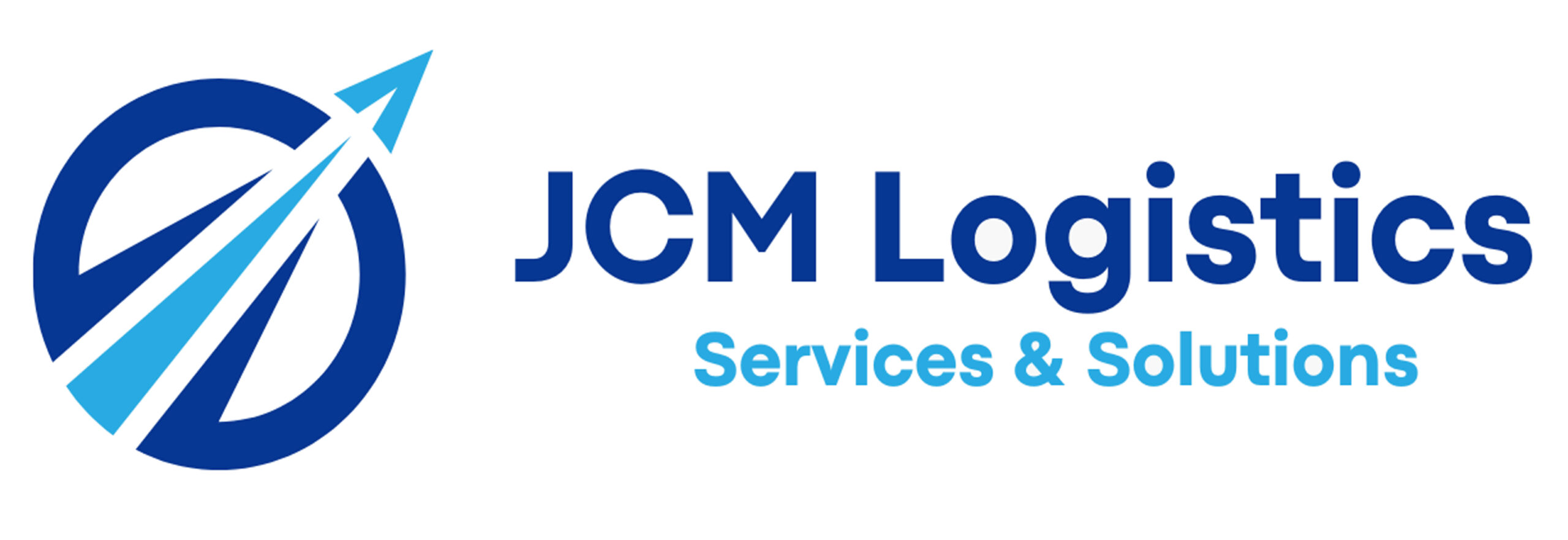Lease Administration

Lease administration refers to the process of managing and overseeing lease agreements between landlords and tenants for real estate or equipment. It involves various tasks related to the negotiation, execution, monitoring, and compliance of lease contracts throughout their lifecycle. Here are some key aspects of lease administration:
Lease Negotiation: Lease administrators often play a role in negotiating lease terms and conditions with landlords or tenants. This includes determining rental rates, lease duration, renewal options, maintenance responsibilities, and any additional clauses or provisions.
Lease Documentation: Lease administrators are responsible for ensuring that all lease agreements are properly documented and executed. This involves drafting lease contracts, reviewing legal terms, obtaining signatures from both parties, and maintaining accurate records of lease documents.
Lease administrators maintain financial records related to lease agreements, including rental income, expenses, and lease-related costs. They may generate financial reports and provide analysis to stakeholders, such as property owners, investors, or management teams.Lease administrators ensure that both landlords and tenants comply with lease obligations, regulatory requirements, and legal standards. This may involve monitoring lease compliance, enforcing lease terms, and addressing any breaches or disputes that arise.

Why Is Lease Administration Important?
There are many moving parts to lease administration, and they all require input or approval from different stakeholders. A lease manager ensures smooth and timely transactions between parties—including the renter, property manager or real estate manager—facilities management, and outside vendors when necessary. In manufacturing lease administration, the lease manager coordinates activities between the corporate client and the end-user.A lease administrator usually has good project management skills, as they are responsible for overseeing all aspects of the lease agreement process.

